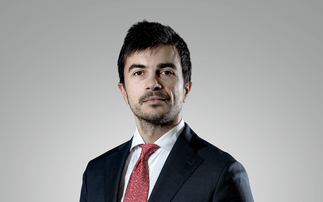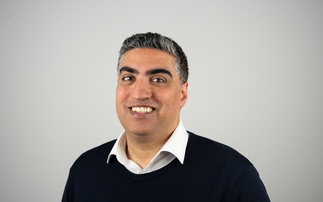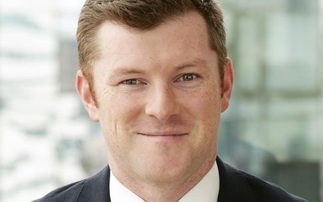Fund managers still focus too much on ESG in terms of products and need to explain how they integrate sustainability factors into their group's wider strategy, according to investment specialists in this area.
Speaking at a recent ESG roundtable hosted by Investment Week and the SPDR ETF team from State Street Global Advisors (SSGA), panellists discussed how fund managers need to talk about how ESG is integrated on a group-wide basis.
David Hutchins, portfolio manager for multi-asset solutions at AllianceBernstein, said when he looks to select fund managers, he finds that they still often start talking about ESG as a product.
He said: "I always have to go out and say ‘it is a lot easier when the fund manager actually applies ESG across everything'. I ask: can you tell me about you as a company, what are you doing about your environmental footprint, what are you doing about your diversity, what are you doing about your gender pay gap? But most of them can't answer. Then I ask if they integrate ESG across all their portfolios and that includes voting."
And yet, the conversation with every fund manager starts with ‘we've got some ESG products', he said. "It gets harder and harder the bigger and more global the fund managers become because they are trying to serve so many masters that they end up with very bland statements around ESG if they are not careful."
"As an industry, we need to get better at talking top down, rather than just saying ‘ESG is a product, let's go and try to sell some of that'," he said.
Sophie Outhwaite, head of equities at Stanhope Capital, agreed that fund managers seem to talk about products and can even infer that what a particular fund is doing is what the whole investment firm is doing.
"We see where managers who have a sustainable range or have bought other sustainable groups are almost charading that is the whole group. So, when we do responsible investment due diligence, we ask them to tell us not just about the fund but also about the firm."
Stanhope Capital challenges fund managers on areas including gender, diversity and environmental footprint.
Outhwaite added: "We also say ‘talk about your ESG integration as it applies to your whole fund range' and it is amazing how many times we have had to go back and say, ‘I don't think you mean your whole fund range, I think you mean your sustainability fund range, which is 30% of your AUM'."
She said this is the more interesting element of greenwashing now. "It's not that they are not doing [ESG] somewhere, but they're not doing it everywhere yet."
The challenge for big passive fund houses in this area when questioned about the percentage of AUM in ESG-related strategies is that they have a legal obligation to track indices that clients want, according to Carlo Funk, EMEA head of ESG investment strategy at SSGA. It is a question of whether the fund house gets the mandate from its clients to move into ESG indices.
"When you understand the relationship between client, index provider and the legal obligation to track an index, what are we supposed to do as a big beta house?" he asked.
"If we have a big institutional client that gives us the mandate to buy the S&P 500 ETF, the largest ETF in the world, which actually provides so much liquidity to the market and has so many positive impacts for the financial market, are we doing anything wrong?
"What we can do is provide a parallel [ESG] product, which we have done, and put this in front of clients and price it in the same way."
SSGA is promoting this approach "but if we are not getting the mandate as fiduciary by a large part of our clients, our hands are bound," Funk added.











